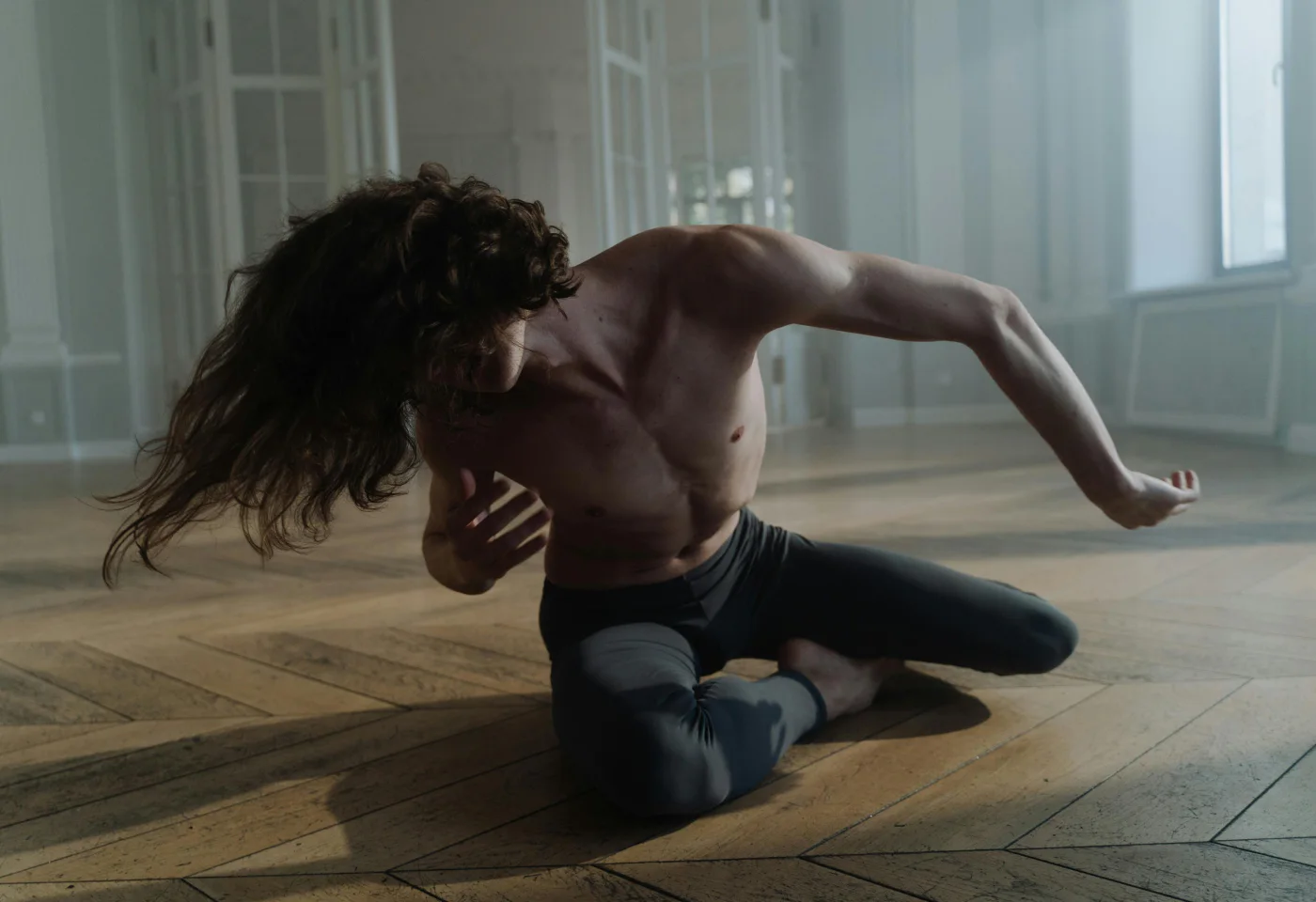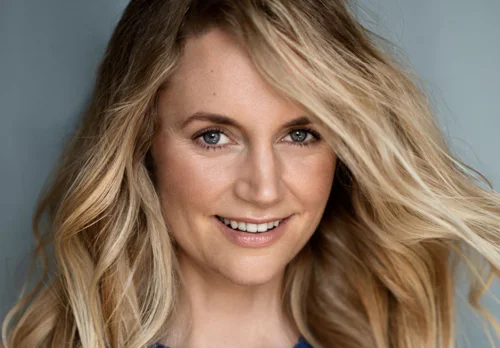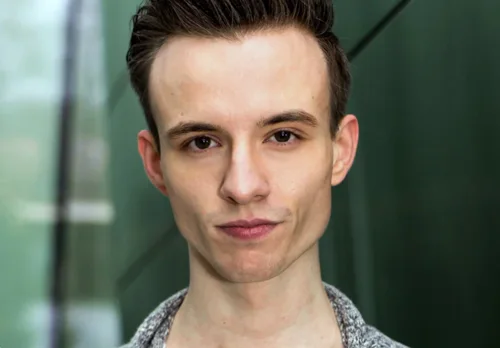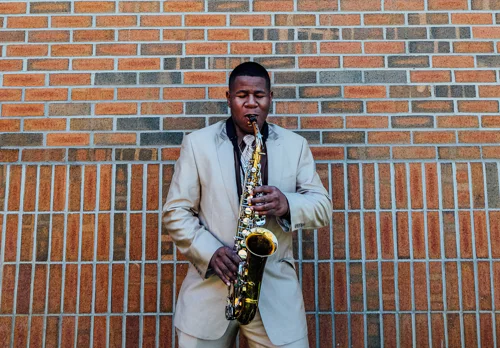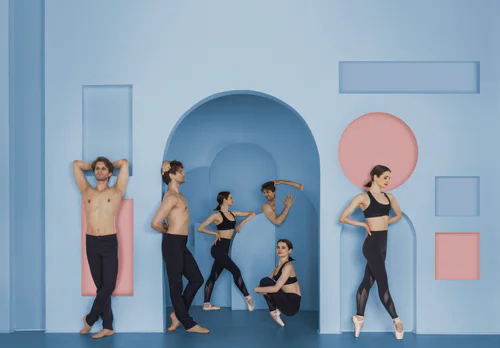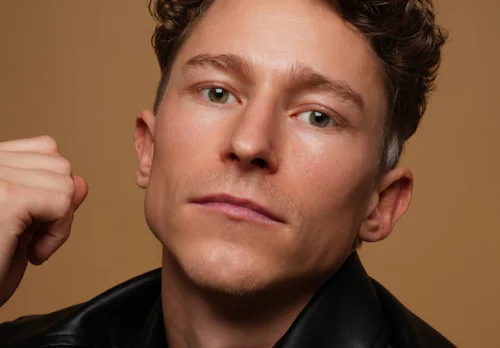Live your dream: dance as a vocation
Many young people want to fulfill their childhood dream of becoming a professional dancer. They want to aim high - as a dancer on Broadway, as a backing dancer for Justin Bieber, as a regular on the TV show "Let's Dance", as a prima ballerina in the world's most magnificent theaters or in the lead role in the dance film "Step up". Being part of a company, traveling and being rewarded with applause is how many people imagine a career as a dancer. This may be true for a handful of exceptional dancers, but after the first few semesters of dance training at the latest, you realize what the reality is really like.
Especially at the beginning, newly qualified dancers have to make do with poor or unpaid jobs. International competition and highly contested positions do not necessarily make the situation any easier. What's more, few careers are as short-lived as that of a dancer. It is therefore important to enjoy this short but exciting and intense time to the full. There is also a career after your career, e.g. as a choreographer or dance teacher, so you can stay true to your passion for dancing.
What do dancers actually do?
As a dancer, you slip into different roles during performances and filming by creating and interpreting choreographies. The different dance styles and techniques range from classical ballet to modern dance movements. Nowadays, these dance forms are becoming increasingly intermingled on stage, presenting dancers with a particularly great challenge as they have to be fit in several dance styles. In modern dance in particular, new, curious movements are constantly being discovered that dancers have to learn. They act either as ensemble members or solo artists.
In addition to the performances themselves, the dancers rehearse the sequences of the production and their respective roles under the supervision of choreographers. They rehearse and practice for several hours a day until they have internalized the action sequences and mastered the correct technique and expression.
Dancers have a wide range of professions. For example, you can dance in operas and operettas, be the show attraction in a theme park such as EuropaPark as a belly dancer or liven up the colorful stage world of a musical as a member of the ensemble. You can also find work as a stage dancer in dance theaters. Especially as a background dancer for the stars or as a principal dancer in a ballet company, you can showcase your talent to a large and wide audience. Not forgetting the many highly committed ballroom dancers who compete with other professional dancers in regular competitions and world championships.
A dancer's greatest asset is his or her body, because this is how they express themselves. Dancers follow a strict training schedule to rehearse roles and dances that they will later present on stage. There is often not much time for the body to recover between intensive rehearsals and performances. A strong and healthy body is needed to cope well with the exertions. This is why dancers invest additional hours every day in strength training, fitness and endurance. Professional dancers also pay very close attention to their diet.
In most cases, dancers are self-employed and are booked for individual engagements. They have to constantly look for new bookings themselves and promote themselves. In order to compensate for low fees and poor order situations, they often have several mainstays. They can be on stage as dancers themselves and at the same time earn extra money as dance teachers or choreographers. There is also the classic employment with theaters or in ensembles, where the same amount is transferred to your account each month and you are insured by your employer.
Industries in which dancers find employment:
Film & Television
Musicals & dance theater
ballet
Opera & operetta
music
Event & Shows
What skills do dancers have?
What does a dancer need to be successful? Young dancers can't get this question out of their heads. First the bad news: there is no one right way. The good news, however, is that certain patterns emerge in the careers of successful professional dancers.
Dancing as a profession is strenuous and physically demanding. Discipline and the willingness to constantly work on yourself and your body are therefore essential. Only those with excellent dance technique and a strong expression can prevail against the competition. Of course, these can be found everywhere, so flexibility in the choice of where you live and work is a must. Dancers should also not only be able to deal with pressure to perform, but also be mentally stable in order to be convincing despite stress and criticism. The most important thing, however, is a passion for dancing. After all, you usually invest a lot of energy, time and strength in a low-paid job.
Being able to constantly do what you love and the applause itself are the real rewards of being an artist. But that's exactly why for many it's worth the hard work.
Is training necessary?
Talent shows such as "Das Supertalent", which are broadcast on television, make many people believe that it is possible to become a dancer without any training. In individual cases, some candidates may succeed. But does their success last in the long term?
At dance schools, on the other hand, instructors teach the basics within a training program that optimally prepares young talents for a career as a dancer and increases their chances of gaining a foothold in the industry. Young dancers can choose whether to attend a two to three-year vocational school or study dance at a university for three to four years. They can also decide whether a state or private university is right for them. Different training is required depending on the profession, position and dance form. During dance training, however, pupils or students determine their focus and acquire key qualifications to pave the way for this type of job offer.
You can read a detailed overview of what training can look like and how to make the right impression during the application process here: How to become a dancer?
What do you earn as a dancer?
As a trained stage dancer, you can expect a starting salary of between EUR 1,800 and EUR 2,400 per month, according to https://www.einstieg.com/.
Of course, a dancer's salary depends on their ability, training and experience, as well as the size and reputation of their company or institution. At the Royal Ballet London, for example, you will earn considerably more than at the local village theater.
Before signing a contract with a theater, young professionals should make sure that the theater complies with collective bargaining agreements. They should also be aware that ensemble dancers can sometimes earn more than soloists.
If you are currently experiencing a lull in orders or are looking for a job, dancers can keep their heads above water with various mini-jobs on a EUR 400 basis, for example. However, dancers don't mind this, as they would rather accept an insecure income than give up their lifelong dream.
What development opportunities does a dancer have?
As long as dancers can still dance and move without pain, they enjoy it to the full. They can rise from ensemble member to solo artist and even become the leading actor in their own show.
However, their career does not last long. It is very short - comparable to that of a professional athlete. The end usually comes in the mid-30s. Serious injuries can also mean an early end. The big question is: what do dancers do after their career? Ideally, dancers have made provisions early on and developed a plan B for the second half of their career. Some decide to complete or catch up on their A-levels alongside their dance training or continue their education in a specific field. But there are also ex-professionals who have completely retrained. They now work as Pilates or yoga teachers. However, if you want to stay true to your industry, you can choose from the following dance-related professions:
Dance teacher
Dance and movement teacher/therapist
choreographer
